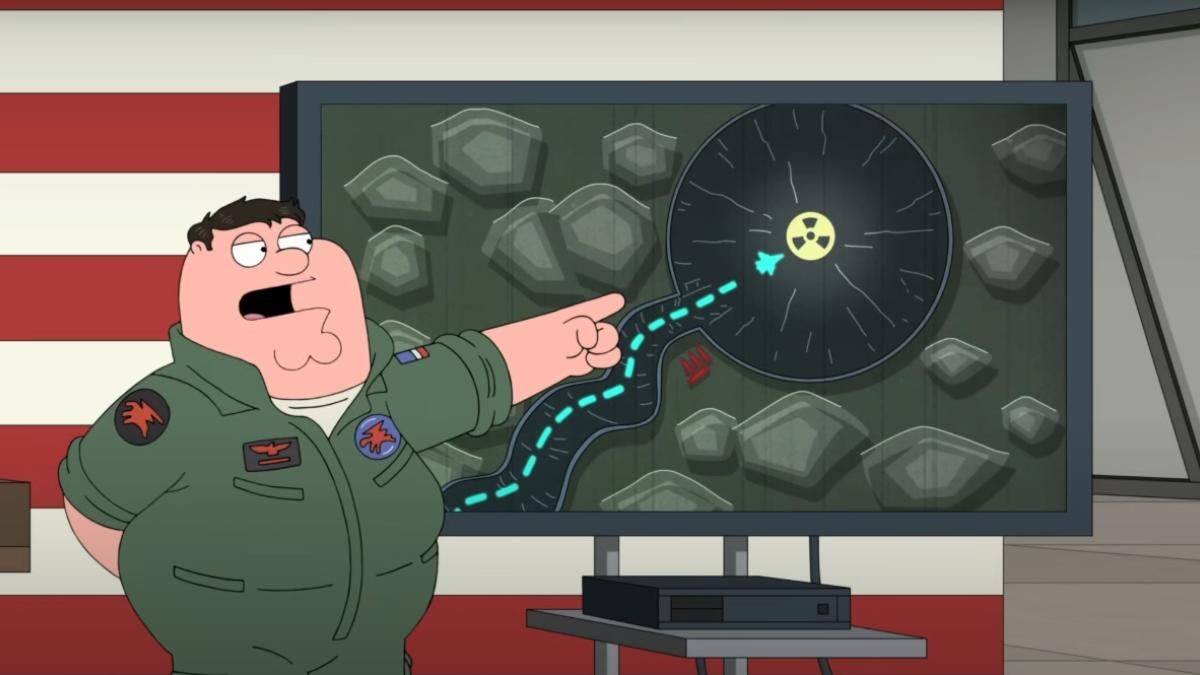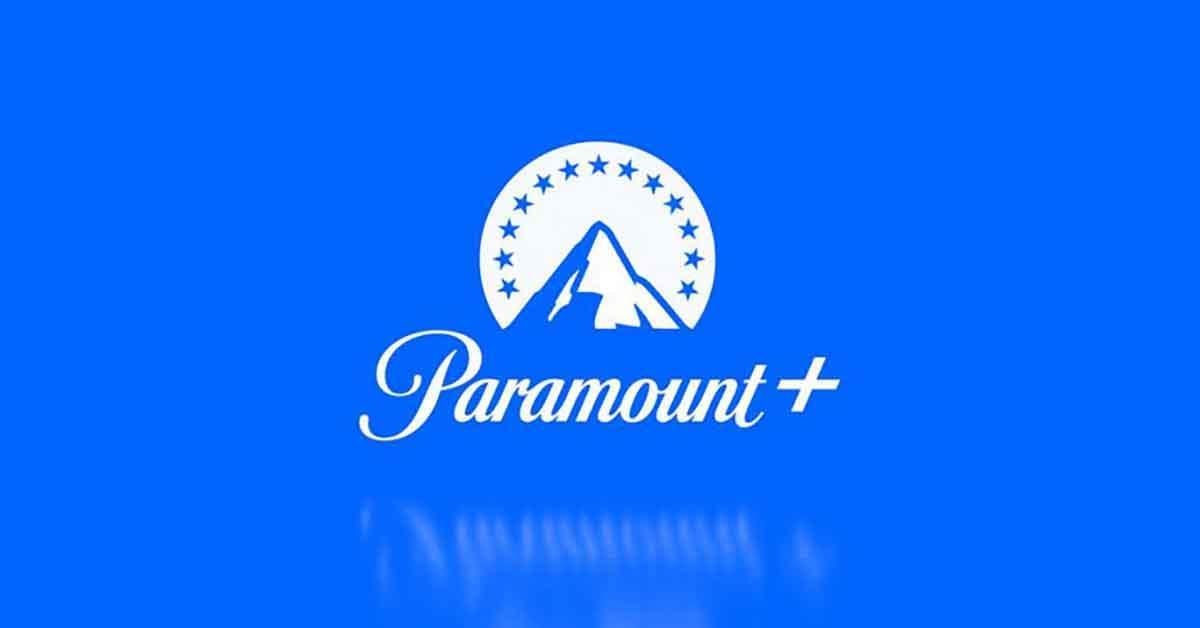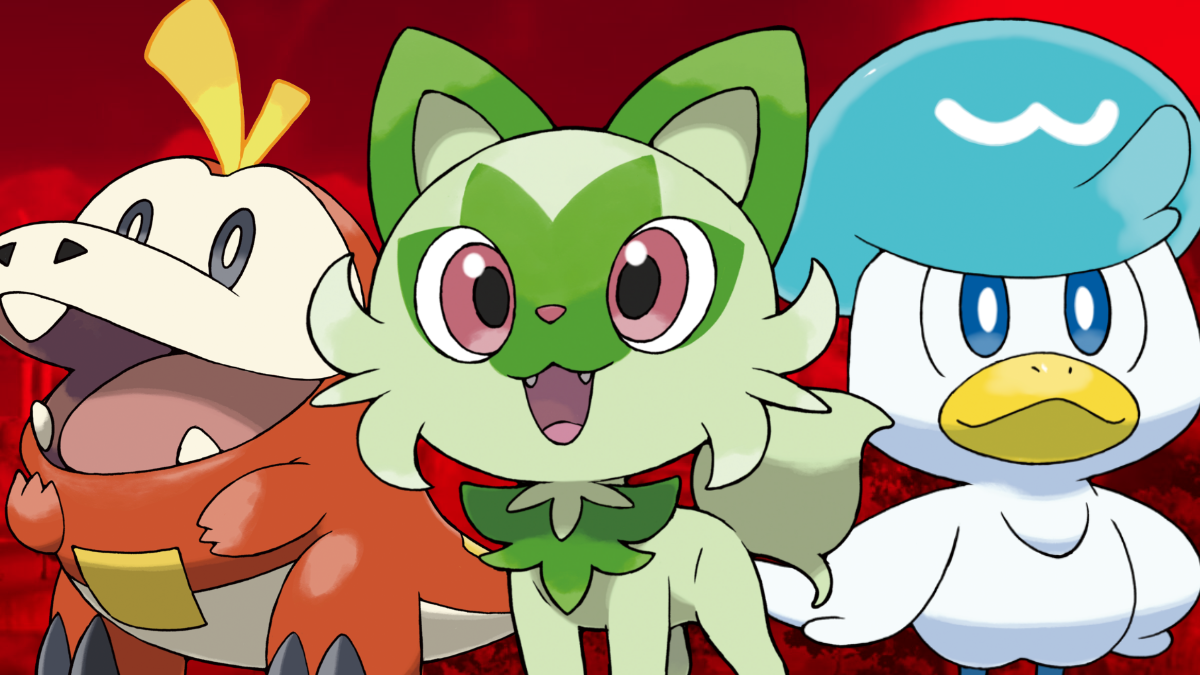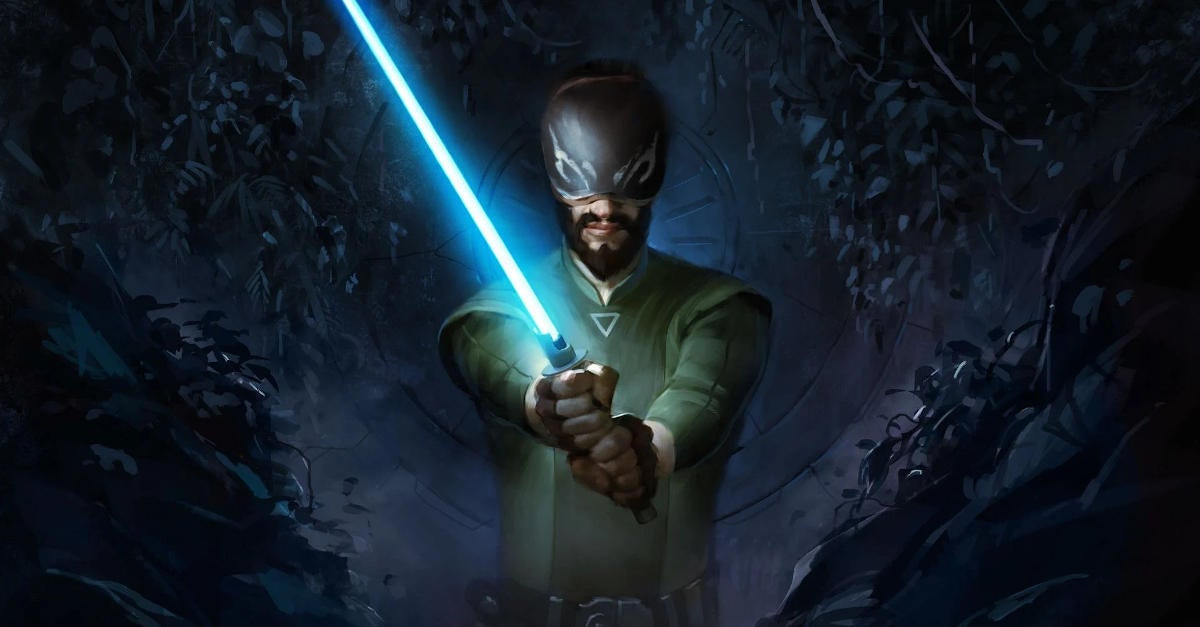Captain America: The Winter Soldier Composer Henry Jackman on Marvel, Nolan and Captain America 3
Henry Jackman, best known for his work on X-Men: First Class, the Kick-Ass films and Wreck-It [...]

Henry Jackman, best known for his work on X-Men: First Class, the Kick-Ass films and Wreck-It Ralph, also scored Captain America: The Winter Soldier, Marvel's newest films and one of the best-reviewed superhero movies in recent memory, which opens in most of the world today. The film, which will open in the U.S. next Friday, is the sequel to Marvel Studios' lowest-grossing film so far, but the studio has so much faith in it that they've already greenlit a sequel -- with the same directors and writers, so there's a better-than-good chance Jackman will be asked back (not that he could speak to that himself). Jackman joined ComicBook.com to discuss the unique challenges of Captain America: The Winter Soldier and talk about what he liked about working with the Star-Spangled Avenger.

ComicBook.com: What is your process like when you're working on a major tent pole film like Captain America: The Winter Soldier? Is it any different? It seems like the average number of projects that you're credited with per year dropped significantly in 2014...or is it just that you're working on things that haven't been announced yet? Henry Jackman: That's a really good question. I don't know if it hasn't been announced yet; we're working on three other films this year but having said that, you're absolutely right. Captain America was a major undertaking. I mean, how long you spend on a movie is like how long is a piece of string; it often depends on how prepared they are, when the picture's ready and when the directors are available and so on and so forth. But in this case I was really lucky I think I spent a healthy 5 months on Capt America, 6 months… because I was able, in fact I was talking to the director probably a year before hand and I was bvery lucky because Joe and Anthony - you know directors come in all different shapes and sizes and they were very focused on music even a head of time. and they were passionate about music. ComicBook.com: What was it like working with the Russo brothers? Jackman: All directors need a handle on music, but they were especially engaged in the process, which isn't necessarily always the case. So I think I was playing themes to Joe and Anthony probably five months before, before you know the actual recording day. And also I was lucky that the film was in good shape. Obviously when make a huge tentpole movie there are so many demands on the process, especially with visual effects and all the rest of it you can almost have a first cut to look at, to work to that's quite a long way from what the finished movie is going to be like so that can sometimes throw you a little left and center but in this case, the very first version I saw you know it got trimmed and tightened up a bit. But really the first version I saw back as far as eight months before release date was in shape as a story. And that also is very helpful as a composer as you can see all the story arcs. You can start to plan and design what needs to happen musically because you're on a fairly sure footing with the film itself. ComicBook.com: Is it safe to assume that you got brought in far enough into the shoot that weren't looking at a script but actual footage for your first version?

Jackman: Actually, I read the script probably two years before even working on it. And it's faithful - it's very faithful and of course you give a script to 3 or 4 different directors, and it's three or four completely different films. It would be hazardous to do much on that. If you've worked with the director before, it could be even profitable to start having musical ideas on the basis of a script. But having not worked with these guys, you're right it's very important to actually see the realization. And in this case that was… I wouldn't say surprising, that's like I was expecting something less good, but the translation from script to having them executed it. It went up several gears. Sometimes you'll get an amazing script, it's very difficult to execute and you can have the sensation "Oh I'm not sure this is quite as good as the script…" whereas I really enjoyed the script, but I doubly enjoyed, they definitely lifted it up several aesthetic gears on how they'd realized the film. ComicBook.com: Watching the the special features on, i think it was The Dark Knight Rises and they talk about Zimmer having moved far enough along in the process that they could start shooting with his score in mind. Jackman: What you have to remember with Hans and Chris is that guy's back to Batman Begins - when was that 2003? Batman Begins, The Dark Knight - not only do those guys have unbelievably close creative relationship where they really respect each other and they're like inspired by each other. It's also a franchise, The Dark Knight Rises is number three of three which is back to 2003 that's the sort of lineage where you could even go as far as that, even as Chris is shooting or… I can't speak for Hans but that guy, I even imagine they're having discussions as Chris is writing. ComicBook.com: Well and too for the sake of argument - if we were to assume that you were going to work on the third film, you would be able to revisit themes that you've established in the previous film whereas if it's someone else working on the one before you, then revisiting their themes is a little iffy at best. Jackman: Exactly, well if I'm lucky enough to work on the next Cap you're absolutely right. Whilst the villain may change, the specifics of the story might change, the thing I spent a long time on was getting a Captain America theme, which would certainly want to be revisited. The one thing we were talking about a lot with Joe and Anthony… because the first Captain America is sort of a period film so your arch villain is Red Skull, it's set in the Second World War and the Nazis and so on. It's almost got a whiff of Indiana Jones about it. The film that Joe and Anthony tried to make couldn't be any more different. Captain America, who was forged in that political and historical environment, now finds himself marooned in 2014 -- in a much more politically and morally ambiguous landscape where he is not entirely comfortable with the sorts of things the American government are doing. And it's a complicated world. I mean, they play with that. There's some fun to be had with him as a fish out of water trying to catch up with the Internet, iPods and iPads and the rest of it. And then musically -- and we talked about this for a long time -- this needs to be a contemporary score. Like, the villain can't feel like an arch villain from the 1940s or 50s or like an action adventure film from the 1980s. But on the other hand we can't go so modern that it feels like Syriana or something we can't pulse and drone our way through a Captain America film with sexier and cool-sounding stuff. You definitely still need to anchor the music with a heroic theme. Just that heroic theme has to feel relevant for movies set in 2014, and can't be a historical throwback.




